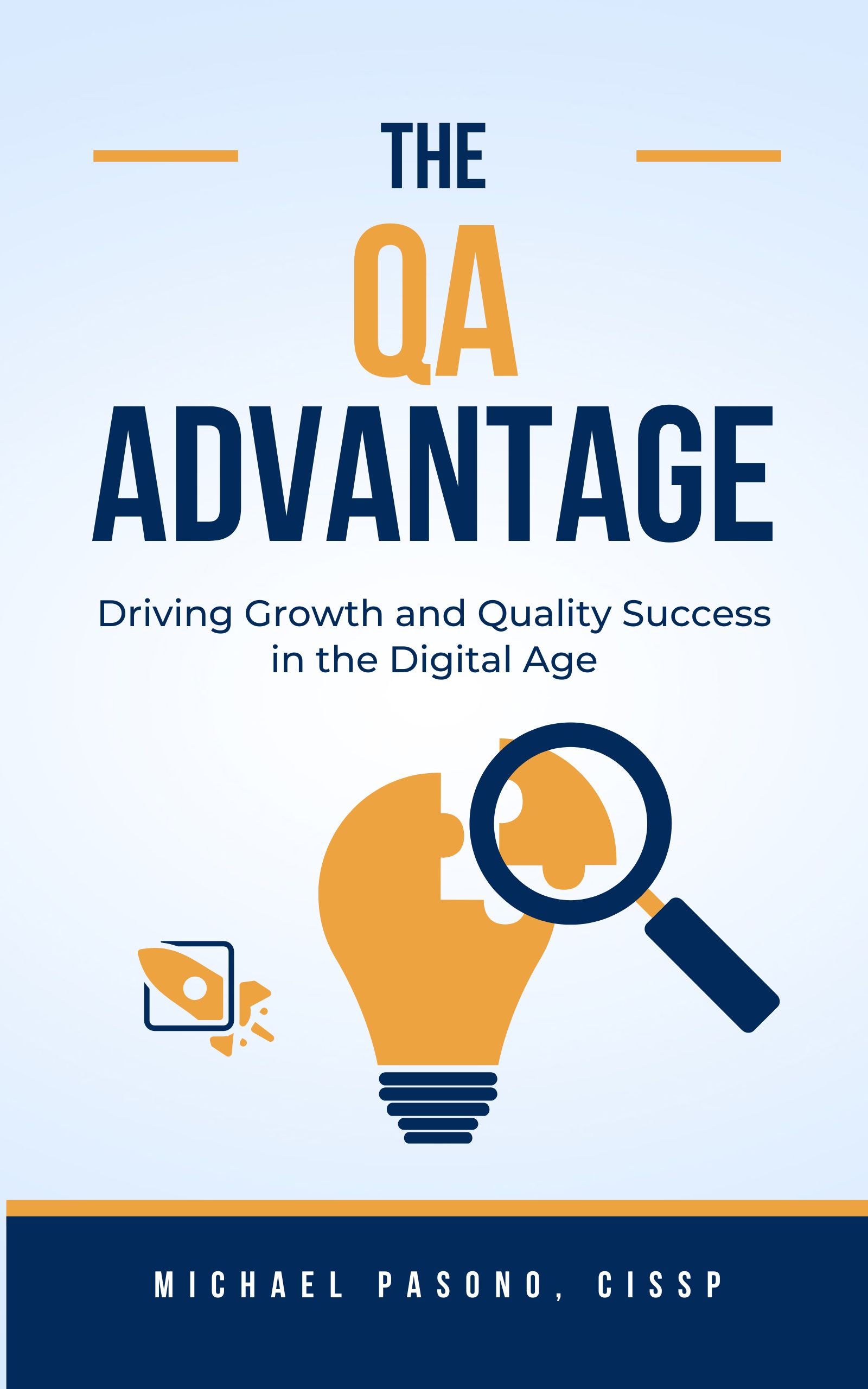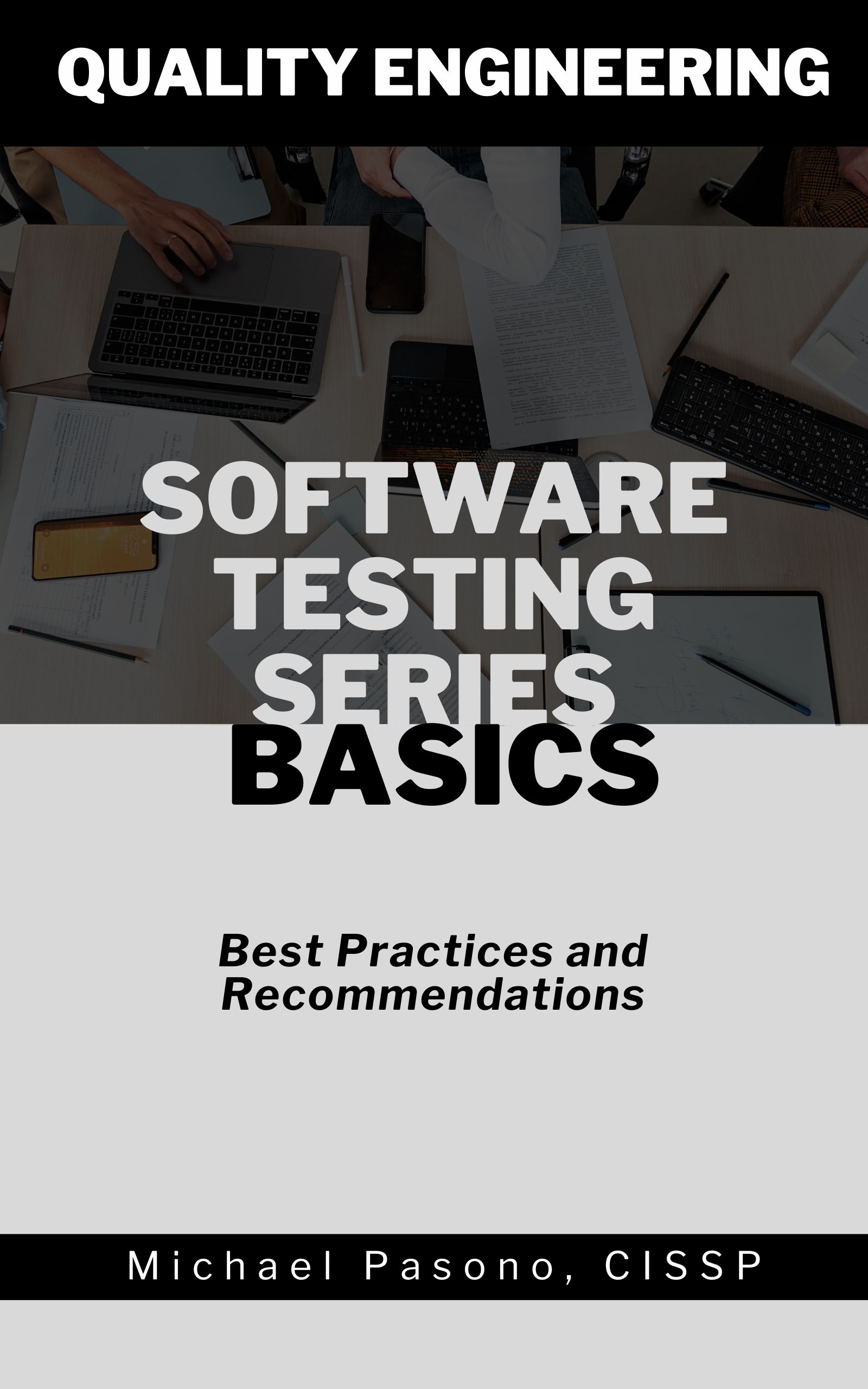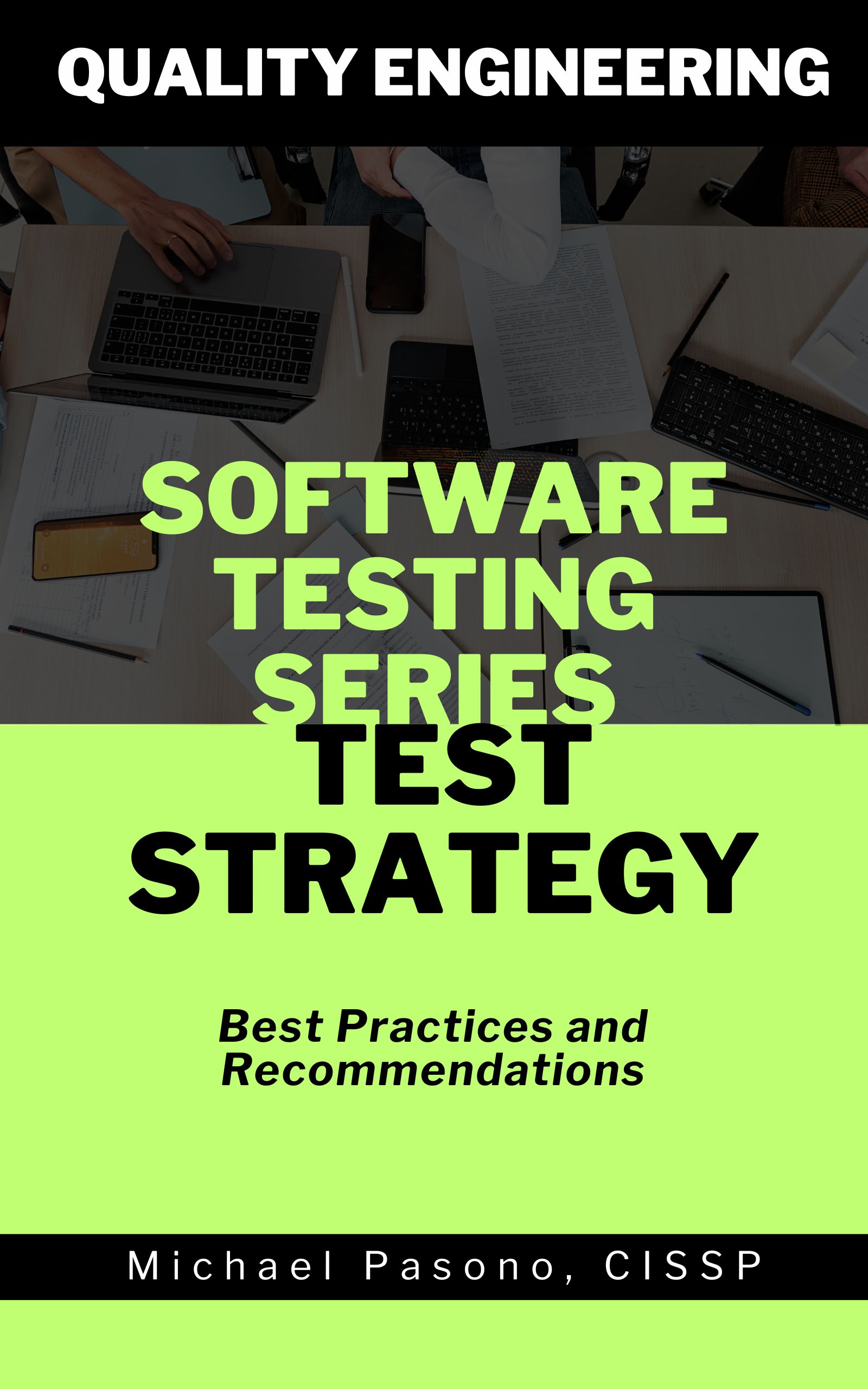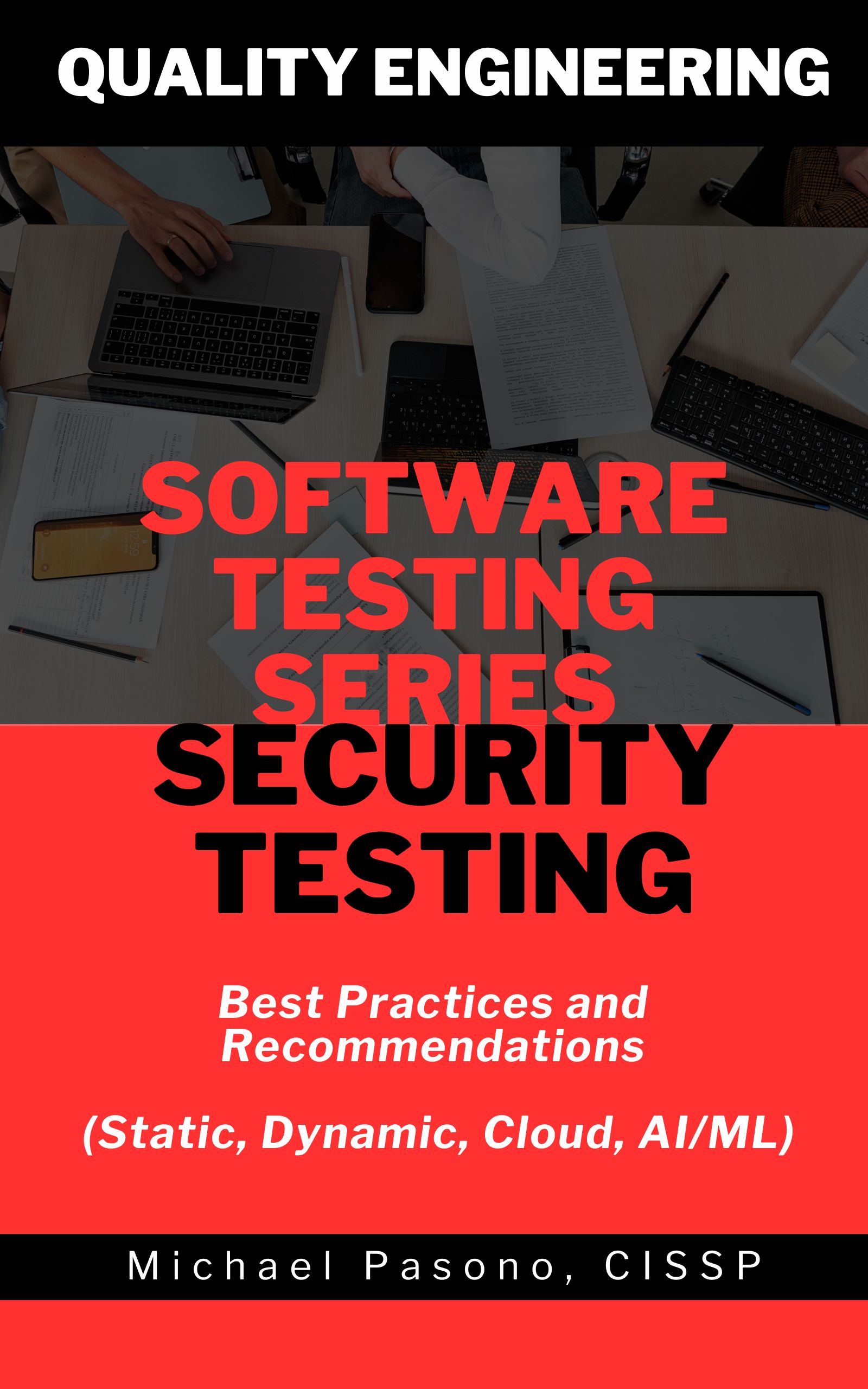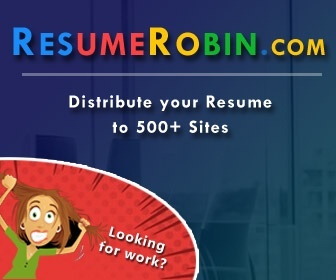Software Testing Market: Insights and Analysis from Industry Reporting
In the ever-evolving landscape of technology, software testing stands as the cornerstone of reliability and performance. As businesses strive to deliver seamless digital experiences to their users, the software testing market plays a pivotal role in ensuring the quality and integrity of software products. In this comprehensive guide, we delve into the essence of software testing market industry reports, unraveling the trends, challenges, and opportunities that shape this dynamic sector.
Understanding the Software Testing Market
Before delving into the intricacies of industry reports, it’s essential to grasp the fundamentals of the software testing market. As organizations across various industries embrace digital transformation, the demand for robust and error-free software solutions continues to soar. From mobile applications and web platforms to enterprise software systems, the scope of software testing encompasses a diverse array of technologies and domains.
Navigating Through Industry Reports
Industry reports serve as invaluable resources for stakeholders seeking to gain profound insights into the software testing market. These reports offer a comprehensive analysis of market dynamics, including:
Market Size and Growth Trends
Industry reports provide meticulous assessments of the current market size and anticipated growth trajectory. By analyzing historical data and forecasting future trends, these reports offer valuable intelligence for strategic decision-making.
Key Market Players and Competitive Landscape
From established enterprises to emerging startups, industry reports spotlight the prominent players operating in the software testing market. Moreover, they delve into the competitive landscape, highlighting key strategies, partnerships, and innovations driving market competitiveness.
Segmentation and Market Dynamics
To provide a nuanced understanding of the market, industry reports often segment the software testing landscape based on factors such as testing type (e.g., functional testing, performance testing, security testing), deployment mode (on-premises, cloud-based), and end-user industry. This segmentation enables stakeholders to identify niche opportunities and tailor their strategies accordingly.
Emerging Technologies and Innovation Trends
In a rapidly evolving industry, staying abreast of emerging technologies and innovation trends is paramount. Industry reports shed light on the latest advancements in areas such as test automation, AI-driven testing, and DevOps practices, offering valuable insights into future market developments.
Challenges and Opportunities
While the software testing market presents abundant opportunities for growth and innovation, it also poses significant challenges. Industry reports meticulously analyze the prevailing challenges, ranging from resource constraints and time-to-market pressures to evolving cybersecurity threats and regulatory compliance requirements. By identifying these challenges, stakeholders can proactively devise strategies to mitigate risks and capitalize on emerging opportunities.
Latest Analysis and key findings
- As of 2023, the software testing market size was valued at $51.8 billion and estimated to reach a CAGR of 7% between 2024 to 2032.
- System Integrator area took almost 70% of the industry. Meaning quality engineering experts in how to test and integrate vendor products is a majority of the need right now.
- Accenture, Cognizant, and IBM hold roughly 30% of the testing services and solution market.
- AI technology is taking center-stage and the need for experts on how to test and secure these systems is high.
- Agile and DevOps are still key skills to acquire for quality engineers as companies continue to look to remove manual processes from their development process.
How can I learn skills to be a Quality Engineer or Software Tester
Becoming a quality engineer or a software tester with a focus on DevOps and AI involves a multifaceted approach that combines education, hands-on experience, and continuous learning. You typically start as a manual tester and evolve into more technical testing roles.
Here’s a step-by-step guide to help you embark on this career path:
Understand the Fundamentals
Start by gaining a solid understanding of software testing principles, quality assurance methodologies, and DevOps practices. Familiarize yourself with concepts such as continuous integration, continuous delivery (CI/CD), version control, and automated testing. You can find this by referencing our blog or our books on software testing.
Acquire Technical Skills
Develop proficiency in programming languages commonly used in DevOps and AI, such as Python, Java, or JavaScript. Learn how to use testing frameworks and tools like Selenium, JUnit, TestNG, and JMeter for automation testing. Additionally, explore cloud platforms like AWS, Azure, or Google Cloud, as well as containerization technologies like Docker and Kubernetes. You can reference many free online courses or YouTube videos on whatever technology you are looking to learn more about.
Deepen Your Knowledge of AI
Since you’re interested in focusing on AI, invest time in understanding machine learning algorithms, natural language processing (NLP), computer vision, and other AI-related concepts. Explore popular AI frameworks such as TensorFlow, PyTorch, and scikit-learn. Understanding AI will enable you to incorporate AI-driven testing techniques into your quality engineering practices. You can reference many free online courses or YouTube videos on whatever technology you are looking to learn more about.
Gain Hands-On Experience
Apply your knowledge in real-world projects by participating in internships, freelance opportunities, or open-source projects. Seek out roles that involve testing AI-powered applications or integrating AI capabilities into DevOps pipelines. Hands-on experience will help you develop practical skills and demonstrate your proficiency to potential employers.
Stay Updated with Industry Trends
The fields of DevOps and AI are constantly evolving, with new tools, techniques, and best practices emerging regularly. Stay updated with industry trends by reading blogs, attending conferences, and joining professional networks. Engage with experts in the field and participate in relevant online communities to broaden your knowledge and stay ahead of the curve.
Earn Certifications
Consider pursuing certifications that validate your skills and expertise in quality engineering, DevOps, and AI. For example, certifications like ISTQB (International Software Testing Qualifications Board), AWS Certified DevOps Engineer, and Google Cloud AI Platform certifications can enhance your credibility and marketability in the job market.
Build a Strong Portfolio
Showcase your skills and accomplishments by building a strong portfolio that highlights your relevant projects, contributions, and achievements. Include details about the tools, technologies, and methodologies you’ve used, along with any measurable outcomes or improvements you’ve achieved through your work.
Network and Seek Mentorship
Connect with professionals working in quality engineering, DevOps, and AI through networking events, LinkedIn, and professional organizations. Seek mentorship from experienced practitioners who can provide guidance, advice, and insights into career advancement opportunities.
Follow Apply QA socials. (LinkedIn) (X) (Facebook)
By following these steps and maintaining a commitment to continuous learning and professional development, you can position yourself as a senior quality engineer with a specialized focus on DevOps and AI, ready to contribute to innovative and high-impact projects in the technology industry.
Most companies look for these skills to help reduce manual work and automate for future software development.
How can Apply QA help me grow
Apply QA is an industry leader in quality engineering best practices, education, career mentoring, job board, and consulting. Please see each area below for how we can help.
Best Practices
Apply QA offers free blog posts on different quality engineering and software testing topics. You can view the blog here.
Educational Material
The owner of Apply QA has written many articles and books on Quality Assurance, Quality Engineering, and Software Testing over the years. Along with heavy focus on security, advanced technology testing such as cloud and AI. These books can be found here.
Career Mentoring
Apply QA recognizes that it helps to have a quality mentor to help elevate your quality engineering and software testing career. Mentoring services can be found here.
Job Board
Once you have acquired the skills to be a solid quality engineer or software tester, we have partnered with a job aggregator to pull together recent, relevant quality or software testing jobs. The job board can be found here.
Also, if you are a hiring manager looking for a “quality” testing candidate. We do offer sponsor listings on top, please contact us for more information on our low-cost pricing.
Consulting and Testing Services
Lastly, we can offer quick improvements by leveraging our existing expertise in many different areas.
Quality Engineering Improvement
Offering consulting and advisory services from setting up a quality engineering department to pinpoint areas of improvement for existing processes.
Penetration Testing Services
HackTestMe.com provides independent, cost-efficient packages to test the security of your product or service. If you are a company that needs to conduct this testing due to contractual or regulatory needs, or even curiosity, this is a great service.
Web Design Services
Offering web design and optimization services. Partner with us to produce a high-quality product.



